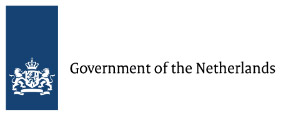Transforming Governance in Nigeria: Harnessing the Power of Strategic Foresight and Futures Thinking for Long-term National Planning

This event will showcase Nigeria’s development trajectory, providing insights into potential pathways for sustainable growth.
-
Date: 03 June 2025
-
Time: 11:00 – 14:00 (WAT)
-
Venue: Online via Zoom, by invitation only
Overview

In an era of rapid global change and uncertainty, the ability to anticipate future challenges and opportunities is essential for effective governance and national planning. This high-level webinar, under the umbrella of the Anticipatory Governance and Foresight Capacity (AGFC) Programme of the Office of the Vice President, will bring together policymakers, thought leaders, and experts to explore how futures thinking can be embedded into Nigeria’s long-term governance strategies.
Participants will engage in discussions on institutionalizing foresight, leveraging data-driven ~scenario~ planning, and aligning national policies with global frameworks such as the United Nations Declaration on Future Generations (DFG). The event will also showcase Nigeria’s development trajectory through the International Futures (IFs) Model, providing insights into potential pathways for sustainable growth.
Webinar Objectives
Through presentation and a panel discussion by experts, the webinar aims to achieve the following key objectives:
- Examine the role of foresight in shaping resilient and future-ready national policies.
- Foster dialogue on integrating long-term governance frameworks within national institutions.
- Present scenario analyses of Nigeria’s long-term development using the IFs Model.
- Strengthen collaboration between government, civil society, the private sector, and academia in policy planning.
- Identify strategies for domesticating the UN Declaration on Future Generations in Nigeria.
Co-hosted by Office of the Vice President (OVP) in Nigeria, The Institute for Security Studies, National Institute for Policy and Strategic Studies (NIPSS), Nigerian Economic Summit Group (NESG), African Union Development Agency (AUDA-NEPAD).
Programme
- Welcome Address: Senator Ibrahim Hassan Hadejia, Deputy Chief of Staff to the President, Office of the Vice President.
- Special Address: Honourable Minister, Senator Abubakar Atiku Bagudu, CON, Federal Ministry of Budget and Economic Planning.
- Keynote Address: Long-Term Governance, Foresight & Future Generations by Cat Tully, School of International Futures.
- Technical Presentation: Jakkie Cilliers, Institute for Security Studies African Futures Platform.
- Panel Discussion: Moderated by Dr. Julia Bello-Schünemann, Good Governance Africa, Nigeria.
- Special Guest Remarks: Themba Kalua, Director, Pact for the Future Implementation, Executive Office of the Secretary General (EOSG), United Nations.
- Goodwill Message: Honourable Jabiru Salisu, MD/CEO, AUDA-NEPAD Nigeria.
- Closing: Zainab Yunusa, SSA to the President on Climate Change, Office of the Vice President / Co- lead AGFC Programme.
Chief Host
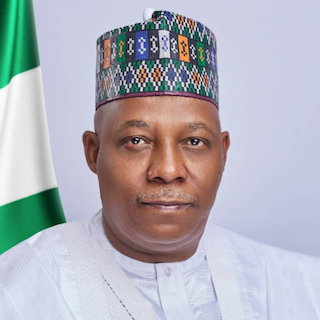 |
Senator Kashim Shettima, GCON Vice President, Federal Republic of Nigeria |
Speakers
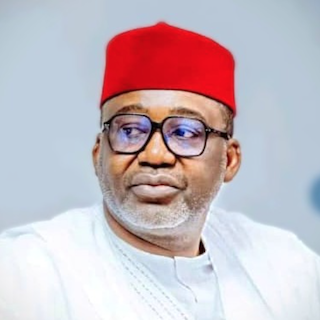 |
Senator Ibrahim Hassan Hadeja, Deputy Chief of Staff to the President, Office of the Vice President in Nigeria |
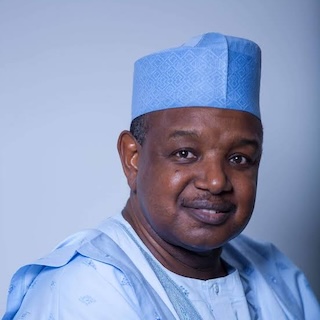 |
Honourable Minister Senator Abubakar Atiku Bagudu, CON, Federal Ministry of Budget and Economic Planning |
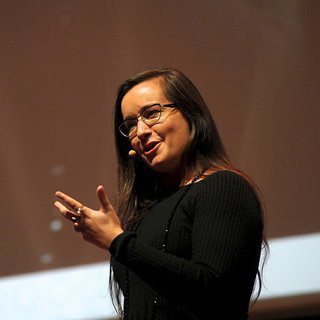 |
Cat Tully Cat Tully is founder of the School of International Futures. She consults, teaches and advises on emergent strategy and strategic foresight internationally, including at Moscow’s Presidential Academy for Public Administration and the UN advisory group for SDG16. Previously, she was Strategy Project Director at the UK FCO and Policy Adviser in the Prime Minister’s Strategy Unit. |
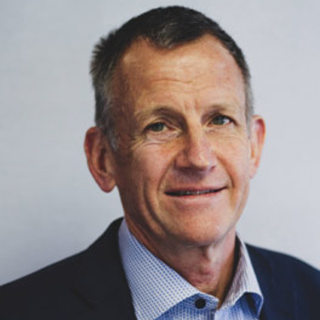 |
Dr Jakkie Cilliers Dr Jakkie Cilliers is the ISS's founder and former executive director. He currently serves as chair of the ISS Board of Trustees and head of the African Futures and Innovation (AFI) programme at the Pretoria office of the Institute. His 2017 best-seller Fate of the Nation addresses South Africa’s futures from political, economic and social perspectives. His three most recent books, Africa First! Igniting a Growth Revolution (March 2020), The Future of Africa: Challenges and Opportunities (April 2021), and Africa Tomorrow: Pathways to Prosperity (June 2022) take a rigorous look at the continent as a whole. |
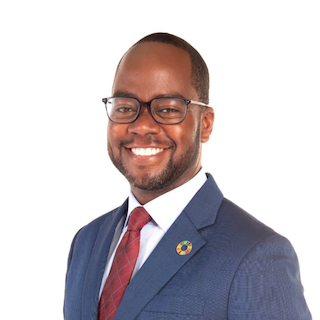 |
Themba Kalua With over 20 years of experience in sustainable development and international cooperation, he has held senior roles across the UN system globally. He previously served as UN Resident Coordinator in the Pacific and as UN Women’s Country Representative in Papua New Guinea, leading efforts on gender equality, the SDGs, and regional development strategies. He also supported UN coordination across Africa and held leadership roles at UN Women, UNEP, UNDP, and WFP. He holds an Executive MBA (Cape Town), a Master’s in Strategic Management (Derby), a BSc in Environmental Science (Malawi), and is pursuing a PhD in systems leadership. |
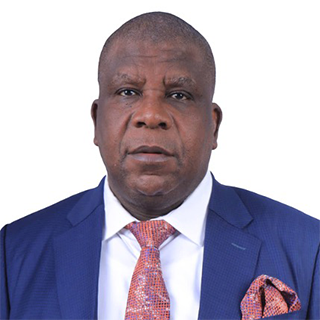 |
Honourable Jabiru Salisu Abdullahi Tsauri (Ph.D., FCAI) Honourable Jabiru Salisu Abdullahi Tsauri (Ph.D., FCAI) is the National Coordinator and CEO of AUDA-NEPAD Nigeria. With over 30 years in public service, he is a seasoned policy strategist and governance expert. He has served as Chief of Staff to the Katsina State Governor and as Special Assistant to several senators, including the Senate President of the 6th and 7th Assemblies. Dr. Tsauri leads strategic development initiatives aligned with Africa’s Agenda 2063 and is a recipient of the Thomas Sankara Pan-African Prize for Excellence. He champions inclusive growth, regional integration, and sustainable development across Africa. |
Panel discussants
 |
Dr Julia Bello-Schünemann Dr Julia Bello-Schünemann is a Senior Associate at Good Governance Africa (GGA Nigeria). Her interests include forecasting and trend analysis on governance and socio-economic development. Between 2013 and 2016, Julia was a Senior Researcher at the African Futures and Innovation programme at the Institute for Security Studies (ISS) and thereafter has been working as a consultant for the ISS in Nigeria. Julia holds a Ph.D. in International Relations from the Universidad Complutense in Madrid, Spain and an MA in Communication, Political Science and Economics from Ludwig-Maximilians-University, Munich in Germany. |
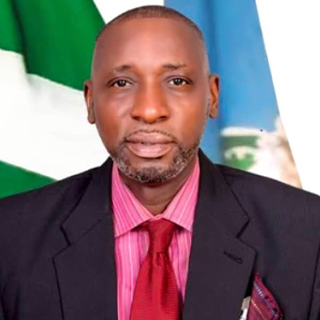 |
Professor Ayo Omotayo Professor Ayo Omotayo is the Director General of the National Institute, Kuru-Jos, and a Professor of Environmental Sustainability at Lagos State University. With academic roots at the University of Ibadan, he has held several leadership roles including Dean of Social Sciences and Director of Planning. He also founded the LASU-MBA Programme. Prof. Omotayo has international experience as a scholar in the U.S., where he worked in IT and education, including developing an online university program at Wilberforce University. A Fellow of multiple professional bodies, his expertise spans fluvial geomorphology, hydrology, and sustainable development. |
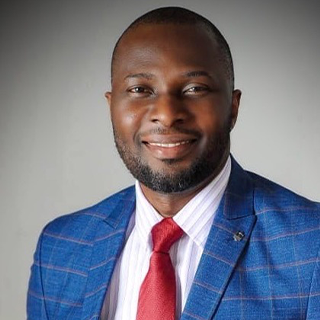 |
Dr Olusegun Omisakin Dr Olusegun Omisakin is the Chief Economist and Director of Research & Development at the Nigerian Economic Summit Group (NESG), with over 20 years of experience in macroeconomic policy, public finance, and private sector development. He holds a PhD in Economics from the University of Ibadan and is an alumnus of Harvard Kennedy School. Renowned for his expertise in economic and trade modelling, Dr. Omisakin has led key initiatives such as the AfCFTA Impact Assessment and Agenda 2050, driving evidence-based policymaking and fostering public-private collaboration for Africa’s economic transformation. |
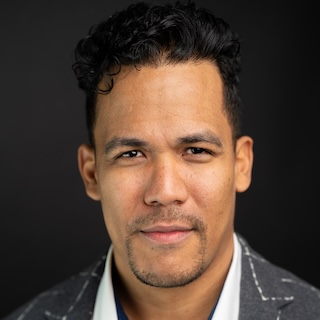 |
Melvin Bretón Melvin Bretón is an international economist and ODI Fellow with over 15 years of experience in public finance, foresight, and development policy across Asia and the Americas. Before joining UNICEF as part of its China country office, he worked with the Government of the Dominican Republic, the Ministry of Finance of Timor-Leste, UNDP, the Inter-American Development Bank, and the World Bank. At UNICEF Innocenti, he leads work on economics and financial innovation, with a focus on macroeconomic trends, financing for development, fintech, and child rights. He has led the economics section of several editions of UNICEF’s Prospects for Children Global Outlook and has designed foresight exercises with UNICEF regional offices and global thematic advisory panels. |
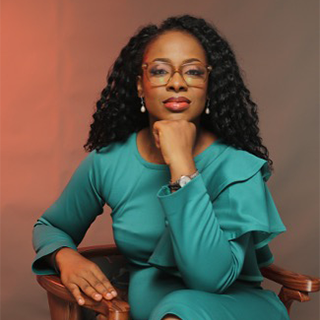 |
Dr Elisabeth Agbiti-Douglas |
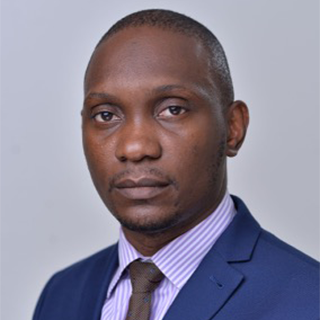 |
Kolawole Owodunni Kolawole Owodunni, CFA, is Executive Director and Chief Investment Officer at the Nigeria Sovereign Investment Authority (NSIA), where he manages over $4.3 billion across Nigeria’s sovereign wealth funds, including the Future Generations Fund. With over 20 years of global experience in investment banking, risk management, and asset management, he has held senior roles at Credit Suisse, Merrill Lynch, and Goldman Sachs. Kolawole holds an MBA from INSEAD and a Master’s in Chemical Engineering from Imperial College London. A CFA charterholder, he is known for his technical depth, global perspective, and commitment to sustainable investing in Africa. |
Co-conveners
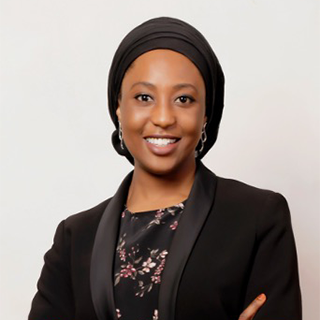 |
Zainab Yunusa Zainab Yunusa is the Senior Special Assistant to the President on Climate Change (Office of the Vice President), with a background in sustainability, climate action, and economic policy. She previously worked in consulting at PwC and EY, advising clients on complex environmental and governance issues. Zainab holds a Master of Global Affairs and a Bachelor's in Environmental Studies and Environmental Ethics from the University of Toronto, along with certifications in ESG, Project Management and Futures Literacy. |
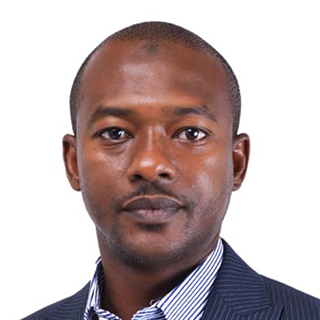 |
Mohammed Ahmed Mohammed is the Special Assistant to the President, Special Duties (National Emergency Management) in the Office of the Vice President, where he advises on emergencies, disaster, and resilience. A former naval officer with a strong background in logistics and crisis management, he has worked across maritime, oil & gas, and crisis and security risk consulting. Mohammed holds a MSc International Trade and Logistics from the KEDGE Business School in Marseilles, France and a BSc Transport and Logistics Management from Huddersfield University, United Kingdom, along with several certifications in security as well as Disaster Risk Management, and more recently, Futures Literacy. |
Image: Pao Dayag/Pexels
More to explore

05 Sep 2025
US-Africa Futures Summit 2025: from aid to agency
This summit explores Africa’s growing global leadership and the US shift towards trade-focused partnerships, emphasising mutual prosperity over aid.

01 Oct 2025
Under pressure: governance futures in the Global South
How will emerging global trends reshape the role, capacity and legitimacy of Global South governments?
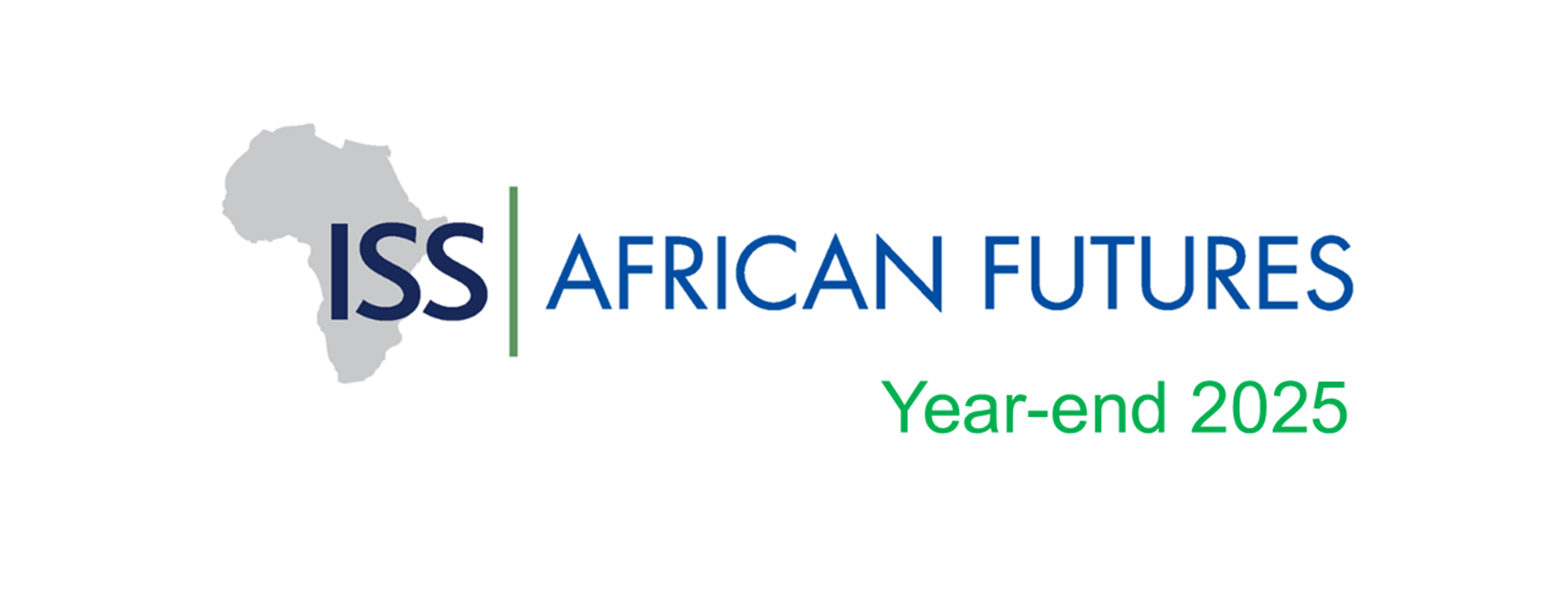
05 Jan 2026
Year-end 2025
AFI will reopen on Monday, 5 January 2026
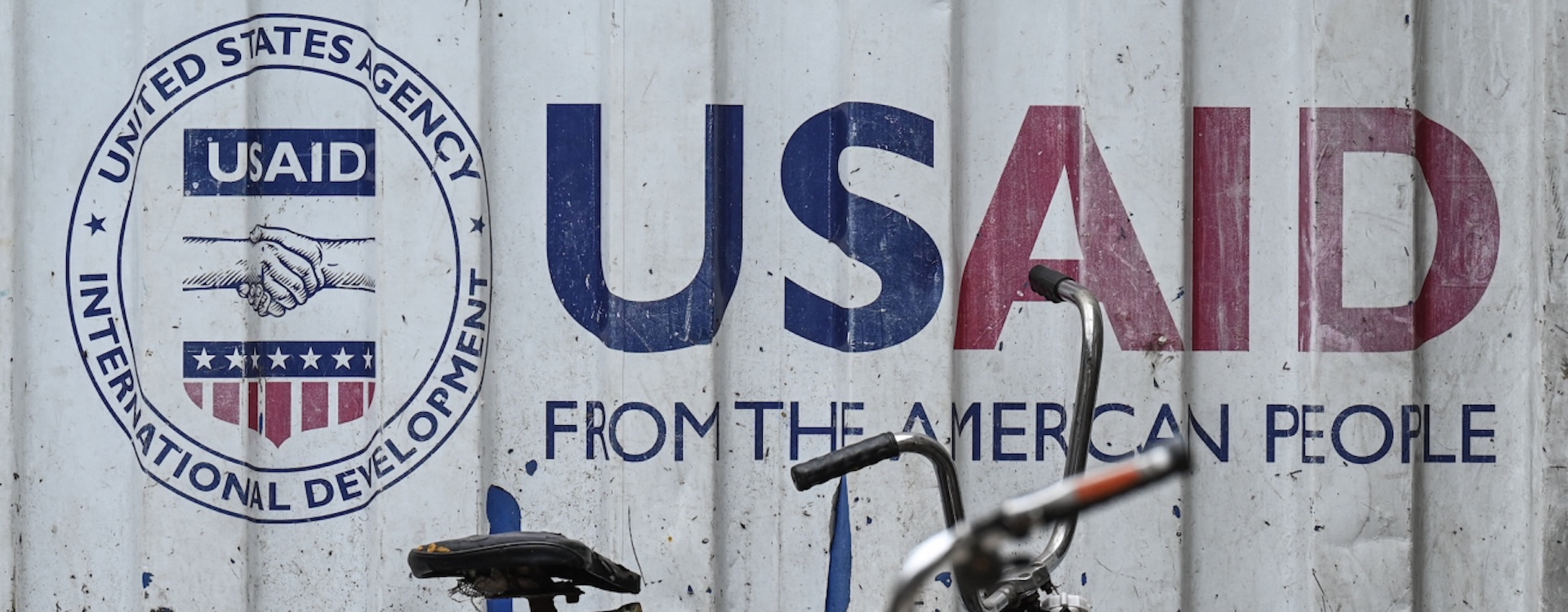
19 Mar 2025
Africa After Aid? The Impact and Possibilities
This event will convene human rights activists and analysts, as well as those who have been directly impacted by the U.S. aid cuts.

